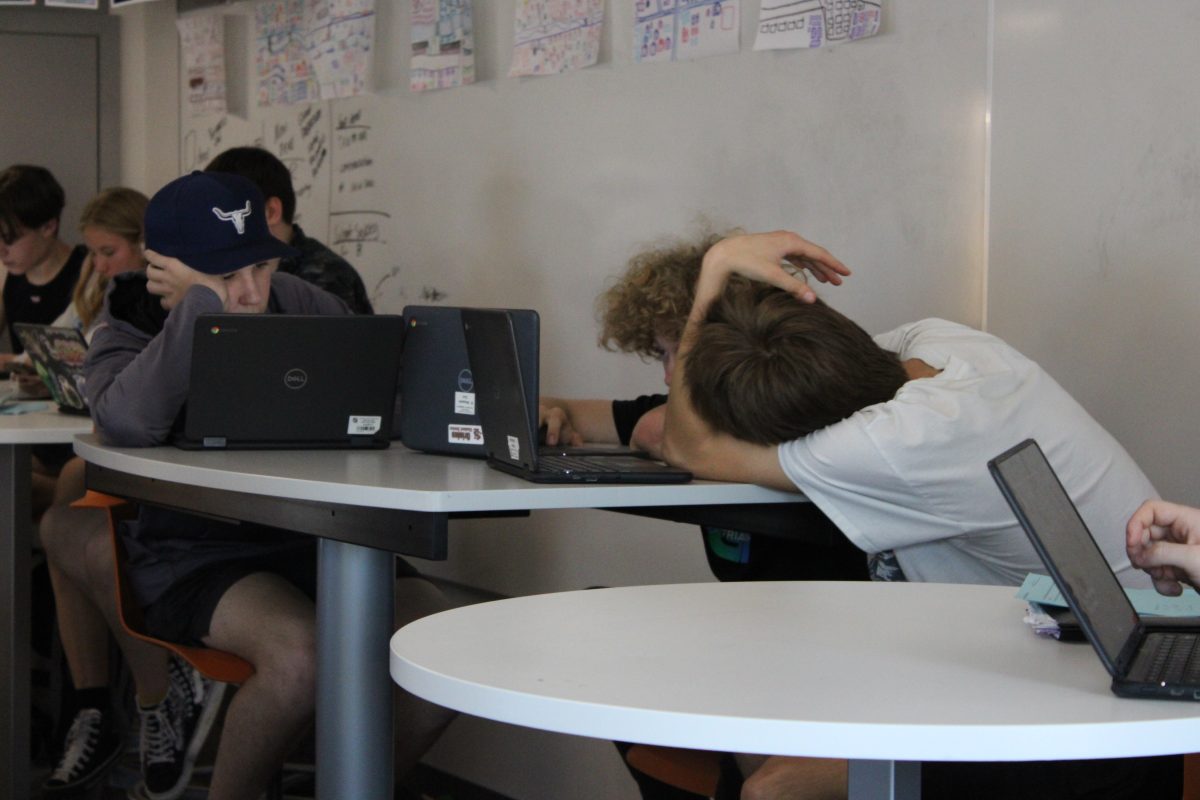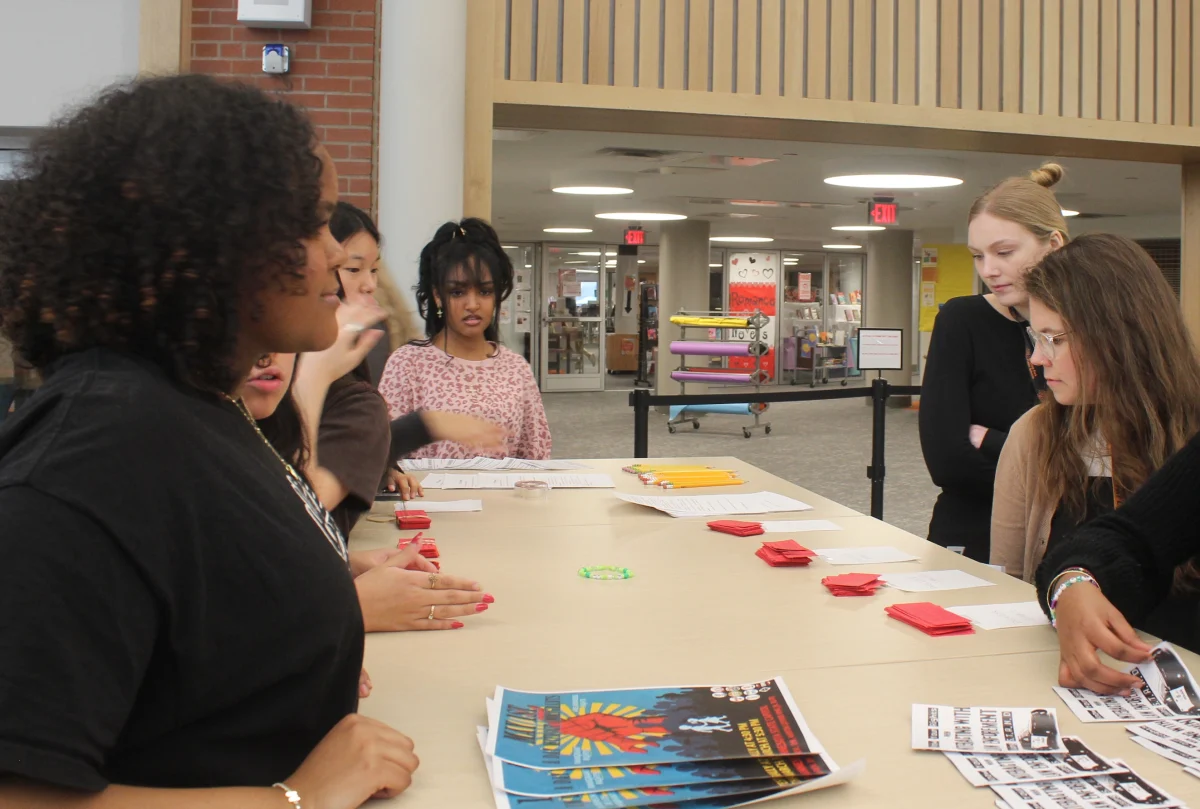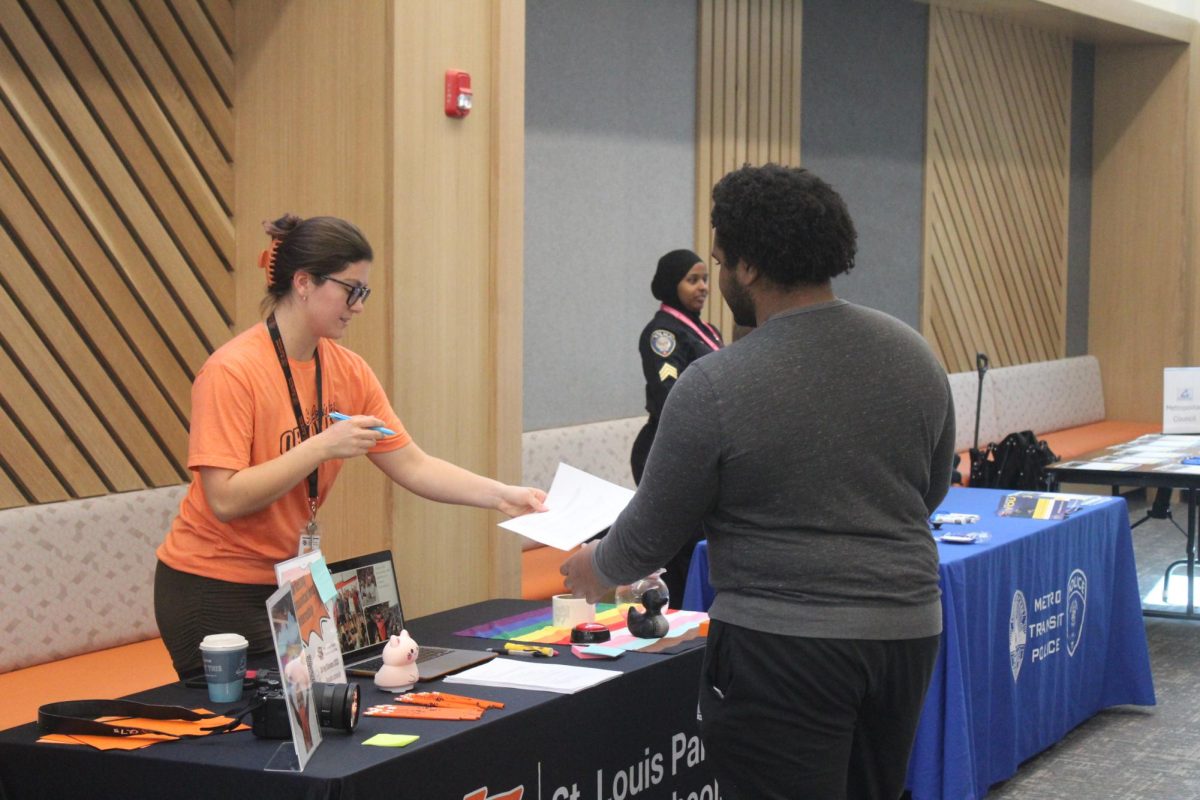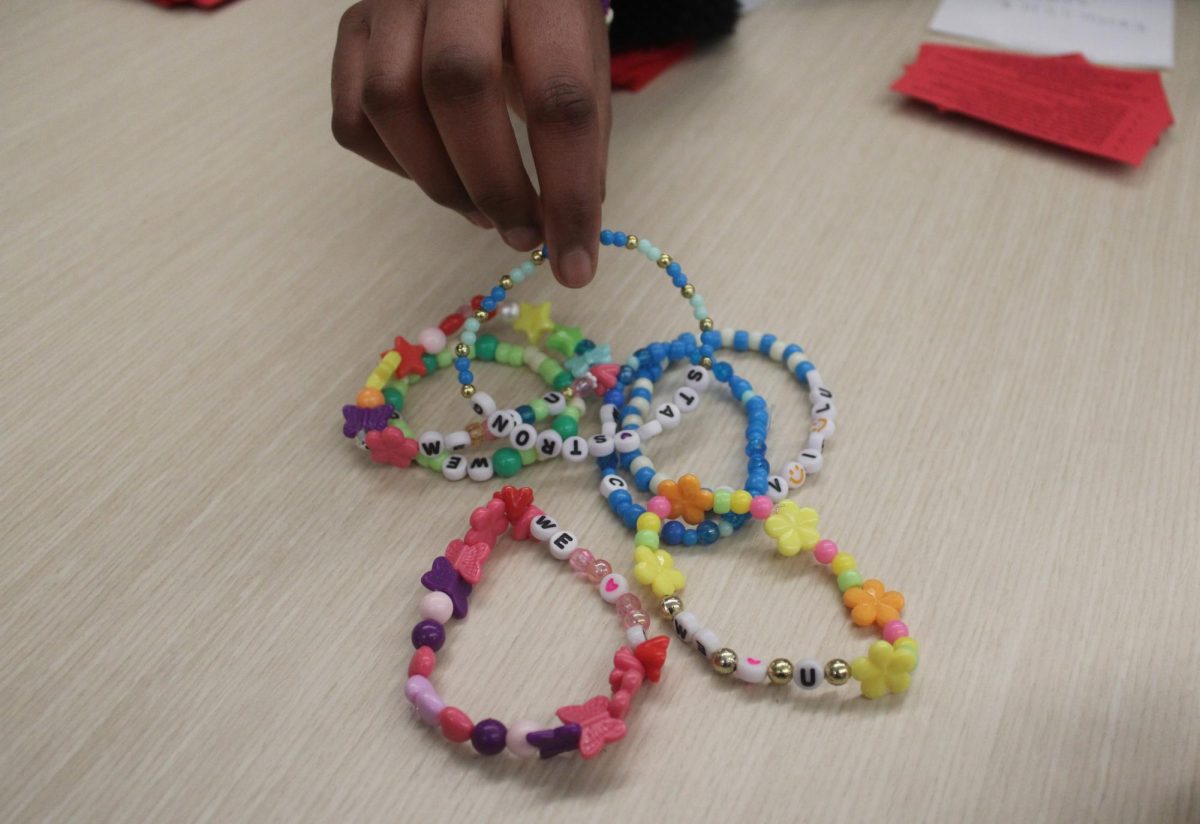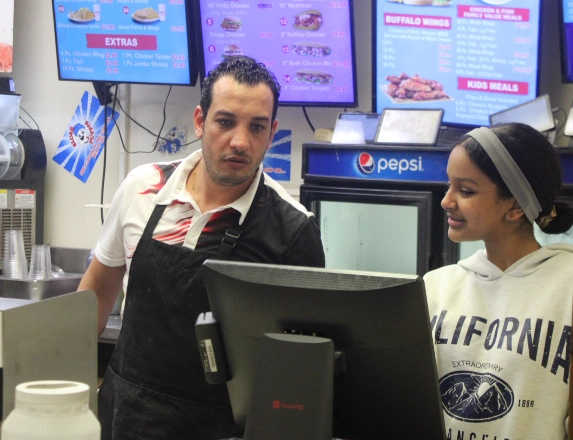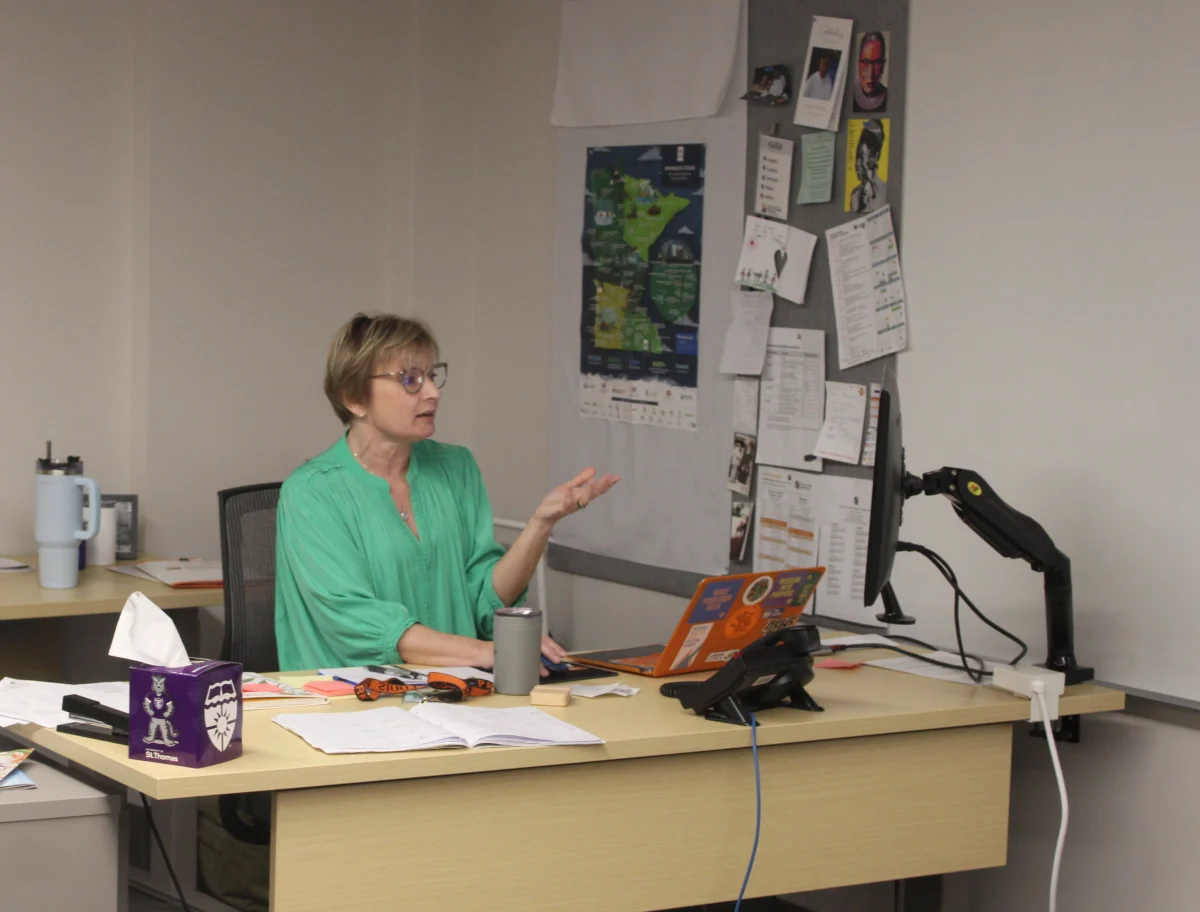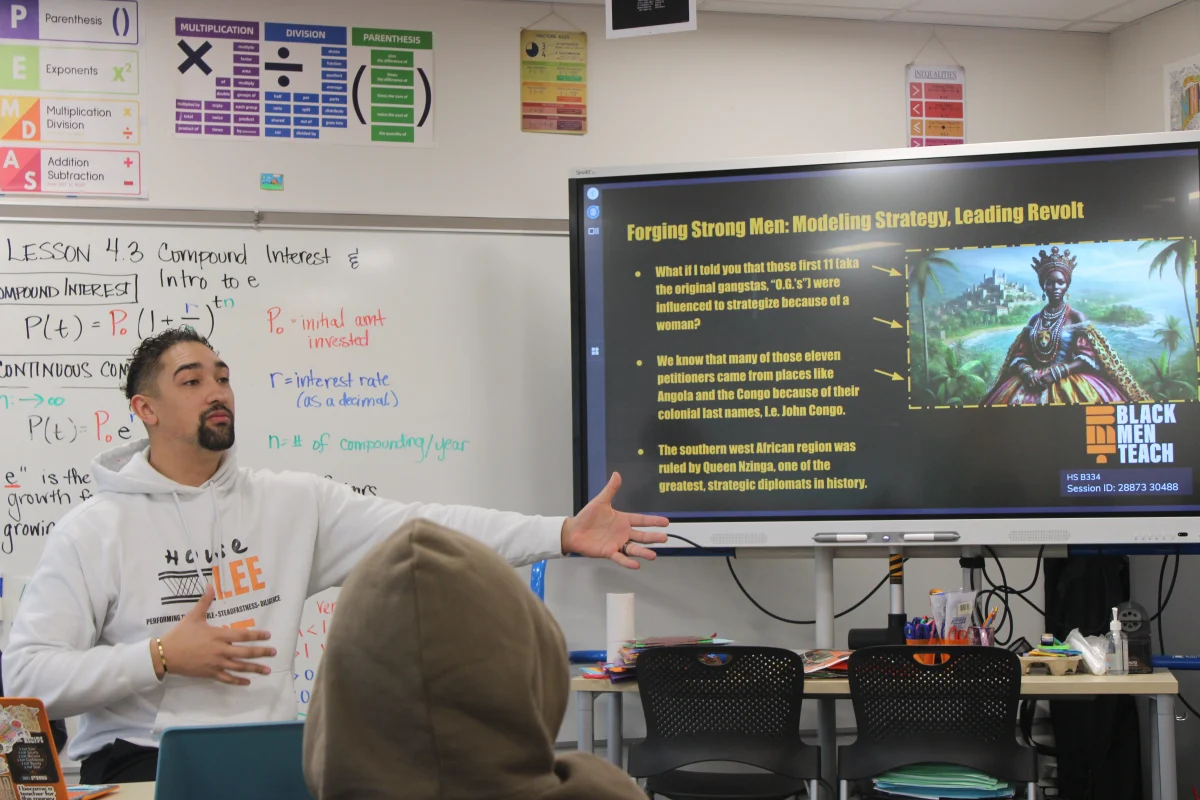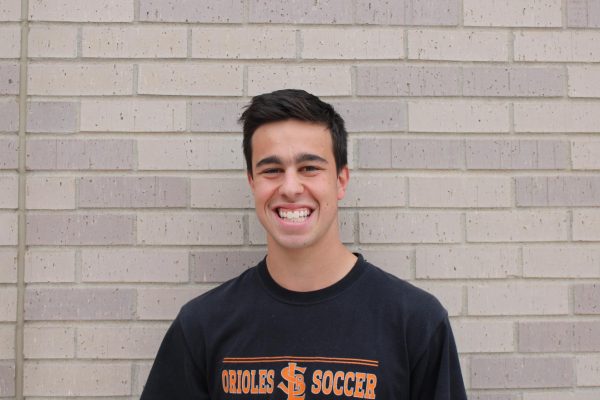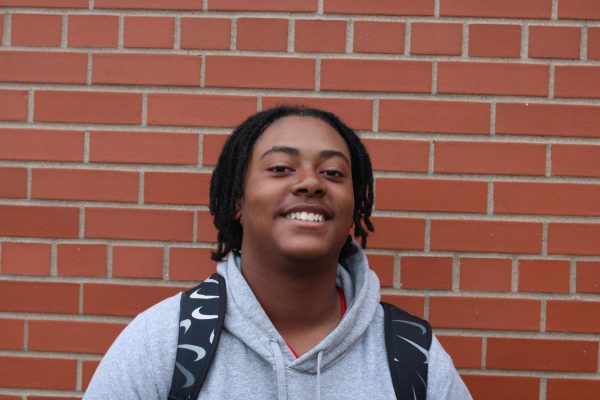With AP test season upon us, students are moving to thinking of the summer and finals for classes and often forget their advanced placement classes still have a month left. These classes often move at a swift pace to prepare students for the AP test and once the test is over will often slow down and relax. Some teachers want to help kids get their grades up while some merely want to help kids pass the time before summer.
AP statistics teacher Anson Opara said he plans to focus on the game blackjack after the AP test and its history.
“After the stats test we are going to actually talk about probability, but we’re going to use it in more of an applied setting. We’re gonna teach kids how to try to count cards playing blackjack and talk about the story of the MIT Blackjack Team,” Opara said. “That’s where we’re gonna go after that for a while, and then a couple of reflection papers and things like that.”
According to AP US History teacher Scott Miller, he plans to do an array of topics for the students that review the topics from the year and give them the opportunity to focus on one part of it.
“What I’ll do is I’ll end up with a final project for the kids, where they’ll be able to select a topic that they want that relates to US history and there’ll be a good opportunity for them to try to pull up the grades a little bit,” Miller said. “Then the second thing that I’m going to do is go back and hit a few topics that are not really on the AP test, but that I think it’s important to know about. One that’s interesting would be the 60s Youth Movement, and really look at kind of what happened with the youth culture during the 1960s.”
Junior Case Howard said in both of his AP classes they aren’t doing very much which is fine with him.
“Well, for apush, we’re watching a movie right now, but for AP Calculus, we’re not doing anything,” Howard started. “I don’t really want to do anything more with AP Calc because I don’t want anything to change my grade, negatively and then for apush I don’t really care what we do because I think my grade is good enough.”
AP Psychology teacher Emily Rennhak said that after her class’ AP test they will watch a movie that pertains to the course and do a project about the class as well.
“We’re going to spend a couple days watching Inside Out, because we talk a lot about emotions and personality and psychology. That’s kind of a fun way to celebrate being done while still being relevant to psychology,” Rennhak said. “Then students will do a big research project on anything of their choosing, that is related to the course.”
According to Opara the students deserve a break and a chance to do something fun that they can get into doing.
“At the end of the year, it gets hard. The kids work really hard anyway, and I want to show them something that they love that can apply to real life and also to kind of add to the engagement,” Opara said. “A lot of kids are interested in gambling and different things like that. It fits in with what we learned.”
Miller said that he knows students aren’t very interested in learning so late in the year and he wants to help them ease out of the course.
“I think the students will enjoy these activities they have had in the past. It’s still school, so nothing’s gonna change the fact that it’s school in May,” Miller said. “But what it does do is it gives them something that just isn’t relentless like it was throughout the year. They can still learn — hopefully it’s interesting and the pace is manageable.”
According to Howard he thinks teachers should try to help students get their grades up if they need to.
“There should definitely be more assignments for both of those classes,” Howard started. “There is a little bit they can do to help students, but there’s not that much time left so it’s tough to get a lot done.”
According to Rennhak, the research project will allow students to hone in on one topic from the year that they are interested in learning more about.
“I think the project is really fun because we cover so much content throughout the year that we’ll have to move through quickly,” Rennhak said. “It gives students a chance to go back to things that will be interesting to them and do a deeper dive and then they get to interact, teach a lesson to their peers about it.”
Correction – May 20, 2024: The photo caption has been edited for clarity



